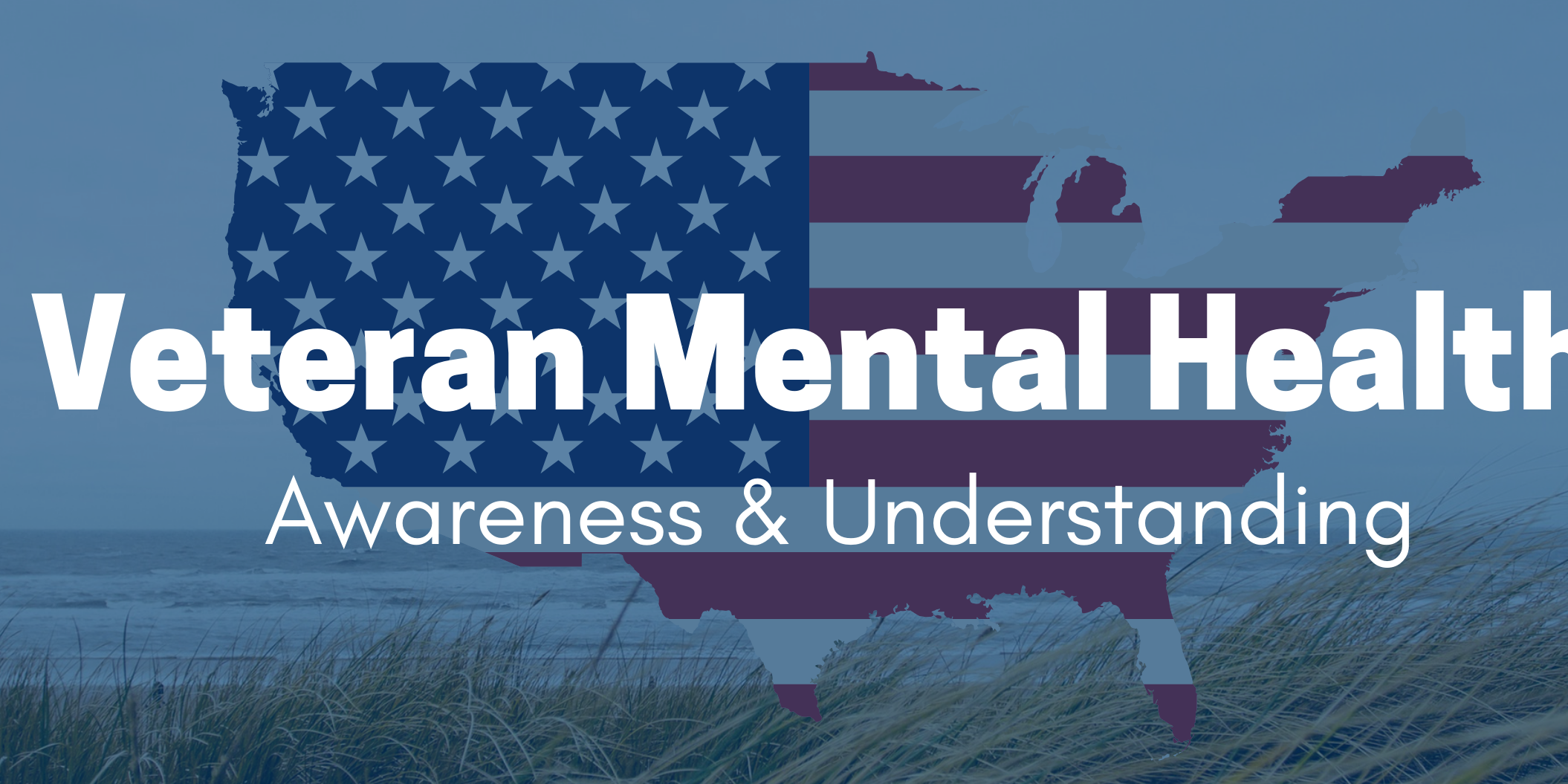While their acts of service are for the greater good, a byproduct of implications on physical and mental health faced by veterans serves as another battle. As a society, it is important that we refrain from perceiving the mental health obstacles veterans face as a “veteran issue” because these individuals hold the position of parents, teachers, friends and coworkers within our daily lives. The intensive and transformational experience of being active in duty is something that lacks in familiarity relative to anything many of us have gone through, however, the need for support is something we can all relate to. The limitations of our perception are worth noting when understanding the obstacles that are encountered by former military affiliates.
My experiences of having to wake up for an 8:00 am class, or dealing with a stressful situation, shy in comparison to conditions many veterans have been exposed to and expected to function in. Being distant from family members, missing milestones and daily life, and baring witness to traumatic events can be that much more difficult to deal with when individuals are facing battles of their own outside of combat.
For those who get to return to their families, readjustment to daily life is something that many have difficulties with. While no transition is seamless, the structure and order that exists within the realm of the military doesn’t directly translate to everyday life. Intensive training and life altering experiences lead many to feel out of place and alienated by their formerly instilled standards. Here at 2-1-1, we provide support and assistance to veterans who may be facing mental health concerns they do not understand or are out of their control.
According to the Florida Department of Veteran Affairs, Florida holds the rank for having the third largest veteran population in the nation. In Tallahassee, there are many services offered by a variety of nonprofit organizations tailored to the needs of veterans, as well as educational opportunities presented by the local universities. Recognizing the number of veterans that exist within our society can allow us to be more conscious about the decisions we make and how they can affect others.
Presented with the opportunity, former army affiliates and current 2-1-1 employees enlightened us with their experiences behind the uniform. As though it happened yesterday, they recount having to care for the injuries of those who put their lives at risk within the medical sector, placing an emphasis on how much of an impact it can have when someone you have fostered relationship with is the patient being carried in. This influences who you are in ways so much greater than gaining a title or holding a position.
Recounting what it is like to have the decisions you make constantly be a matter between life and death imprints the mind with a continuous state of vigilance. When that heightened consciousness persists within a typical environment, many find that decisions regarding what side of the table they prefer to sit on and the direction or intensity someone approaches them with come to have greater importance. Making you more aware of the position you stand in when you are in line at the store, and even the proximity of the stranger behind you, regardless of their possible intent.
It is best to remember that regardless of the experiences you have gone through, support and assistance is not a measure of strength or weakness. Asking for a service doesn’t have to mean you are dependent or any less capable, but rather as a way of maintain the self. Feelings of hopelessness, anxiety and vulnerability are normal and should not be dismissed when they come across our path. Instead, expressing and communicating such feelings can propel us to gain greater consciousness towards ourselves and the feelings of others.
Call 2-1-1 or (850) 617-6333 for our free, confidential hotline services.






